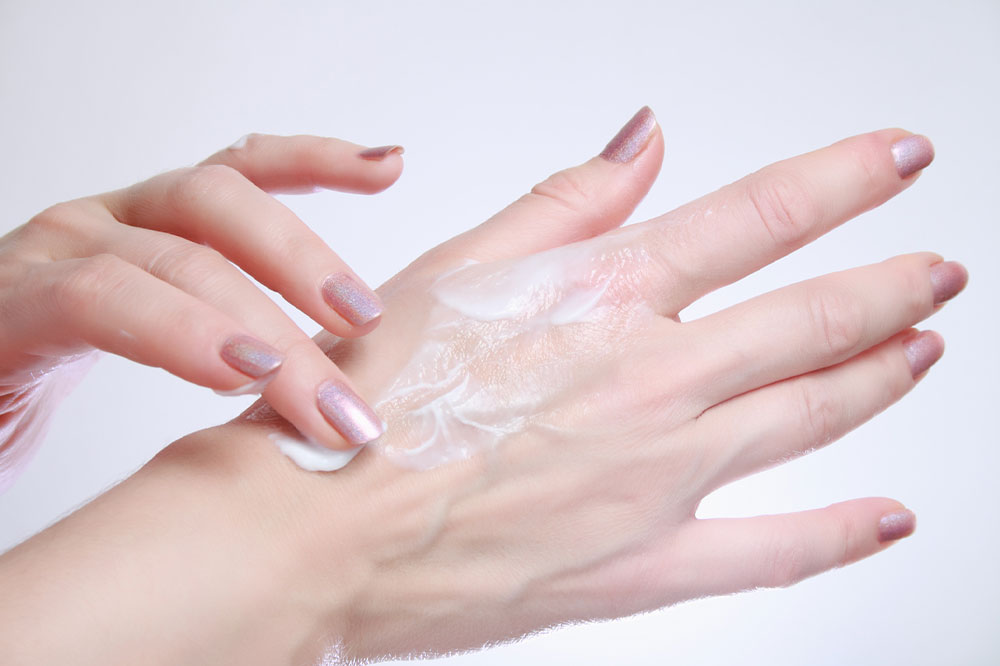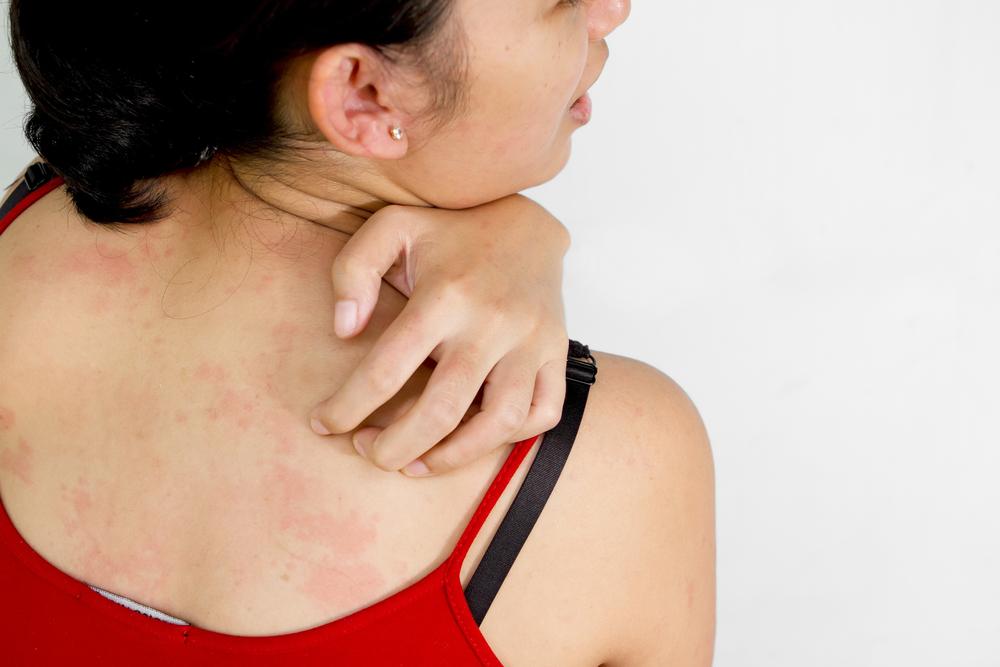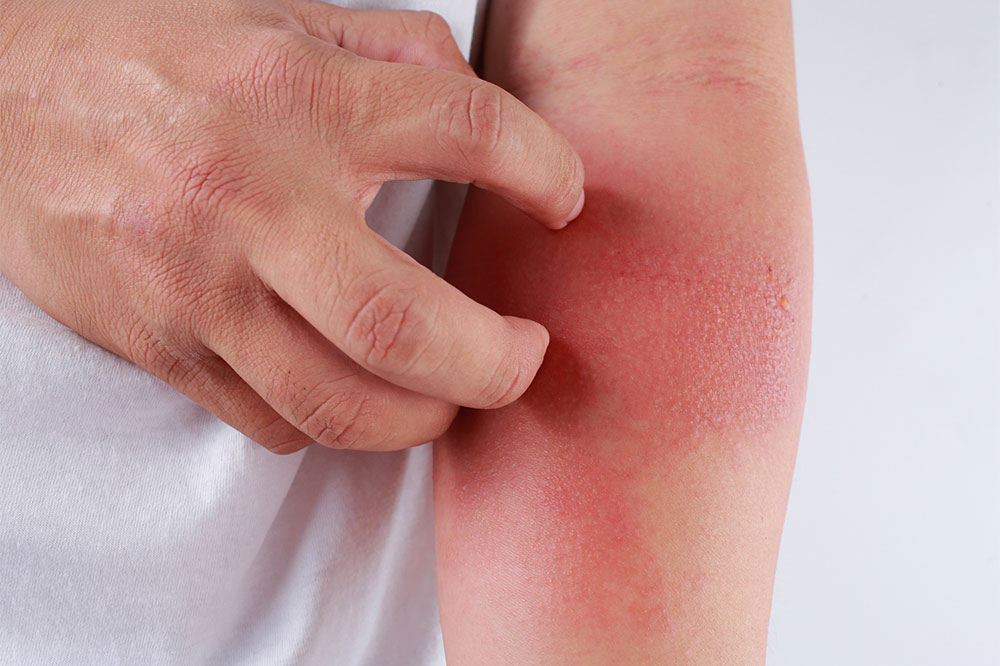Understanding Eczema: Causes, Symptoms, and Management Strategies
Learn about eczema's causes, symptoms, and effective management strategies. Discover how to identify triggers, choose proper skincare routines, and use lifestyle adjustments to control flare-ups. This comprehensive guide covers both children and adults, offering practical tips for relief and prevention of this common skin condition.

Understanding Eczema: Causes, Symptoms, and Management Strategies
Eczema encompasses a variety of skin conditions characterized by inflammation and irritation. It alters the skin's protective barrier, leading to increased dryness, sensitivity, and vulnerability to infections. Common signs include flaky patches, sores, red rashes, and persistent itching. Although it can affect individuals at any age, the severity and symptoms may vary. Proper skin care, avoiding irritants, and managing triggers are essential for controlling the condition.
Contributing Factors
The precise causes of eczema remain unknown, but several factors are associated with its development. Genetic predispositions, immune system imbalances, environmental irritants, and skin barrier deficiencies that allow moisture and harmful microbes to penetrate can all contribute. Exposure to pollutants, harsh soaps, weather extremes, and allergens increases risk. A history of allergies, asthma, or hay fever may also elevate susceptibility.
Environmental elements like air pollution, strong soaps, and irritating skincare products can dry out skin and trigger itching. Weather conditions such as heat and humidity can cause sweating, worsening discomfort. An overactive immune response can also be a factor. Those with allergies, asthma, or hay fever are particularly at risk. While eczema often improves with age, some individuals may experience prolonged episodes requiring ongoing management.
Symptoms and Disease Presentation
Symptoms vary with age but generally include dry, flaky patches, redness, and itching, often located in the elbows, knees, neck, face, and around the eyes. In adults, skin may appear more scaly and irritated, leading to persistent dryness and discomfort. Rubbing and scratching can cause infections or worsen inflammation. Diagnosis involves physical examination, considering symptoms, and may include allergy tests, blood tests, or skin biopsies to rule out other conditions.
Effective management relies on identifying triggers and adopting a tailored skincare routine to soothe inflammation and maintain hydration.
Common Types and Approaches to Management
Atopic dermatitis is the most prevalent form of eczema, especially common in children but also affecting adults. Many children outgrow it, although some continue to experience symptoms. Effective treatment involves proper skincare, environmental control, and sometimes medication. Managing stress, avoiding irritants, and using prescribed moisturizers can significantly improve quality of life.
To prevent flare-ups, develop a consistent skincare routine, choose breathable clothing made of cotton or silk, and avoid harsh soaps. Using lukewarm baths, applying moisturizers regularly, and protecting skin from environmental irritants are key steps. Wearing gloves during work or winter helps shield skin from damage. Maintaining hydration and minimizing stress are also vital components of eczema management.










